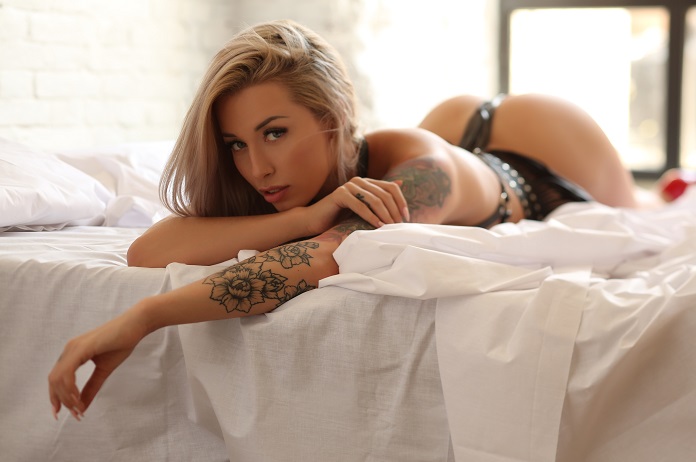” Can former CJ do justice? ” | GNN INFO
”
ISLAMABAD:
As the spotlight falls on ex-CJP Tassaduq Hussain Jillani, the central question looms large: can the seasoned adjudicator, with a storied career behind him, steer a fair and impartial investigation into the explosive allegations levelled by the six Islamabad High Court judges.
The 75-year-old Jillani finds himself at the helm of the inquiry commission tasked with navigating the murky waters of judicial integrity in a heated political climate. However, the decision has stirred up a heated debate, with many questioning whether the former top judge can ensure a fair investigation.
Weighing on the matter, Abdul Moiz Jaferii expressed about the commission’s ability to achieve anything substantial. He believed that the commission could achieve only one thing: to lower the reputation of the judges who have complained of influence, as well as diminishing the reputation of the judge heading the commission. He went on to say that the move was an invitation to destroy ex-CJP Jilani’s legacy. “I’m surprised Jilani sahab agreed.”
Meanwhile, representing the Pakistan Bar Council in the Judicial Commission of Pakistan (JCP), Akhtar Hussain commended the six IHC judges for their boldness in addressing a letter to the Supreme Judicial Council (SJC).
He said that the SJC was required to do two things: first, to provide guidelines to the judges regarding their response to interference/intimidation by agencies. Secondly, the SJC should examine the conduct of the IHC chief justice in light of the letter.
However, the PBC representative believed that CJP Isa did the right thing by obtaining the endorsement of the inquiry commission from the full court. He doubted whether the commission would be successful in creating deterrence.
Akhtar Hussain also criticised the political parties for failing to throw their weight behind the six IHC judges.
On the other hand, a senior lawyer expressed doubts regarding the leadership of the inquiry commission by ex-CJP Jilani. He expressed hope that the former chief justice might reconsider and decline to be part of the commission. He claimed that he had learned that Jilani was contemplating expressing regret.
Currently, the legal community is at loggerheads over the establishment of an inquiry commission spearheaded by Jillani.
The superior bars, led by the Independent Group, are staunchly supporting Chief Justice of Pakistan Qazi Faez Isa and the government’s decision to set up an inquiry commission to investigate the IHC judges’ letters.
Conversely, the bars, led by Professional Group, are vehemently opposing the formation of the inquiry commission, calling for the SC to take suo motu notice in this matter.
Meanwhile, it was learnt that Jillani will commence his duties in a couple of days. Jillani, often referred to as ‘the gentleman judge’ for his mild demeanour, retired in July 2014.
Opinions are split over his nomination. Former CJP Jawwad S Khawaja, in his book, has made negative remarks about him.
Accepting the responsibility of heading the commission, the former chief justice stated that he would commence work on the matter after Eidul Fitr, upon the issuance of the notification.
In October 2017, the government nominated the former chief justice as a judge ad hoc in the International Court of Justice (ICJ) in the Kulbushan Jadhav case.
He served as a judge of the Supreme Court of Pakistan from July 31, 2004, to December 11, 2013, and subsequently as the 21st chief justice of Pakistan from December 12, 2013, until July 5, 2014.
Born on July 6, 1949, in Multan, he completed his Master’s in Political Science from Forman Christian College and LLB from the University of Punjab, Lahore.
He began practising law at the Multan district courts in 1974 and was elected general secretary of the district bar association in 1976. He became a member of the Punjab Bar Council in 1978 and was appointed assistant advocate general of Punjab in July 1979.
Enrolled as an advocate of the Supreme Court in 1983, he was appointed additional advocate general of Punjab in 1993.
Justice (retd) Jillani took oath as a judge of the Lahore High Court on August 7, 1994, and was elevated as a judge of the Supreme Court on July 31, 2004, serving until the imposition of the state of emergency on November 3, 2007.
Due to his refusal to take a fresh oath, he was rendered dysfunctional. He retook the oath as a judge of the Supreme Court in 2008.
Justice Jillani has participated in numerous international conferences and colloquiums, addressing issues such as the ‘domestic application of international human rights,’ ‘gender justice,’ ‘alternative dispute resolution,’ ‘forced marriages,’ ‘transnational child abduction,’ and ‘religious tolerance’.
”

